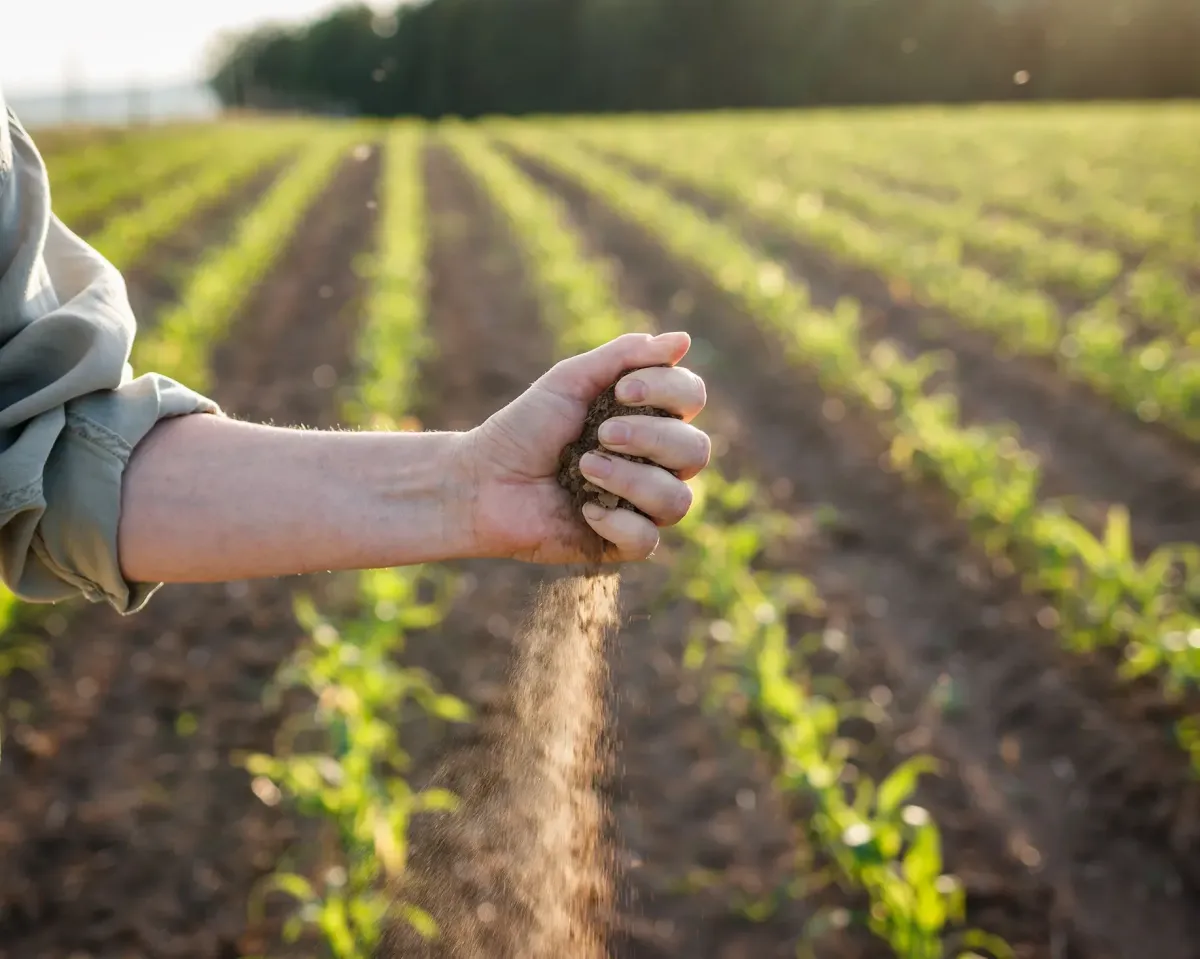
Climate and Food Security: How Emissions Are Threatening What Pakistan Eats
Climate and Food Security: How Emissions Are Threatening What Pakistan Eats
In the heart of Pakistan’s economy and culture lies agriculture — feeding millions, creating jobs, and supporting exports. But a growing, invisible threat looms over every wheat field, rice paddy, and fruit orchard: greenhouse gas (GHG) emissions.
As emissions rise globally and locally, Pakistan’s food security is under severe threat. Changing rainfall patterns, extreme heat, floods, and shifting seasons are making it harder for farmers to grow food, and for the country to feed its people.
GHG Emissions and Their Impact on Agriculture
Greenhouse gases like carbon dioxide (CO₂), methane (CH₄), and nitrous oxide (N₂O) are major contributors to global warming. In Pakistan:
High temperatures are reducing wheat yields
Irregular monsoons damage rice crops
Flooding events, like those in 2022, wipe out entire harvests
Pests and diseases spread faster in warmer climates
All of this makes farming more unpredictable, especially for small-scale farmers who lack resources to adapt.
From Field to Table: A Broken Chain
When agriculture suffers, the consequences travel through the entire food system:
Food prices rise, hurting poor families the most
Malnutrition increases, especially among children and women
Import dependence grows, creating trade and inflation challenges
Rural poverty worsens, pushing people into cities and slums
Climate change isn't just an environmental issue — it’s a threat to food, health, economy, and peace.
Pakistan’s Agricultural Emissions Problem
Ironically, agriculture itself contributes to emissions:
Rice paddies release methane
Livestock emit methane and nitrous oxide
Overuse of fertilizers produces harmful gases
Crop residue burning creates smog and CO₂
This creates a dangerous cycle: agriculture emits GHGs → GHGs worsen climate → climate damages agriculture.
Building a Climate-Resilient Food System
Pakistan can break this cycle with urgent action:
1. Climate-Smart Farming
Introduce drought-resistant seeds, water-efficient practices, and precision agriculture.
2. Reduce Emissions from Farms
Promote organic fertilizers
Manage livestock feed and manure
Shift away from rice-flooding and crop burning
3. Invest in Farmer Training & Technology
Educate farmers on sustainable methods and provide access to weather forecasts and crop planning tools.
4. Protect Agricultural Land
Stop urban sprawl and industrial encroachment on fertile land.
Policy and International Support Needed
Pakistan needs stronger agricultural policies aligned with climate goals. International donors and institutions can help with:
Green financing
Climate adaptation grants
Research and development support
Conclusion: No Climate Justice Without Food Security
If Pakistan wants to secure its future, it must protect what feeds it. Food security is not just about growing crops — it's about managing emissions, adapting to climate shocks, and supporting farmers on the front lines.
We must act now — or risk turning Pakistan’s fertile plains into barren warnings of what happens when we ignore the climate-food connection.
